The Smart Water Infrastructure and Management (SWIM) Program of Isabela State University led by the Program Leader, Dr. Orlando F. Balderama, in collaboration with the Department of Science and Technology (DOST) – Region 2, National Research Council of the Philippines (NRCP) – Research and Development Lead Program, and Philippine Council for Industry, Energy and Emerging Technology Research and Development (PCIEERD), along with Cagayan River Basin Management Council (CRBMC), Cagayan State University (CSU), and the Cagayan Valley Industry, Energy, and Emerging Technology Research and Development Consortium (CVIEERDEC) had conducted a seminar-workshop on writing policy notes on September 13, 2022 at the Cagayan State University, Carig, Tuguegarao City. The drafting of policy paper is one of the projected tangible upshots of the research endeavors of the SWIM Project Team. Also, this significant milestone serves as a mechanism to respond to the community’s need to have policy recommendations on water resources management and governance.
Dr. Balderama initiated the knowledge-sharing activity and explicated how to plan, write, and communicate an effective policy brief. Specifically, he presented the rationale of making an effective policy note with respect to science policy nexus, scientific evidence, science and weather prediction, engagement of politicians/policymakers to the scientific community, and message communication. Moreover, he explicitly illustrated the meaning, purpose, template, and structure of a policy brief with adequate tips to clearly stipulate the expected content of a policy note.
Furthermore, Dr. Guillermo Q. Tabios III, NRCP RD Lead and Professor Emeritus of the University of the Philippines – Diliman and resource speaker of the aforesaid undertaking, elucidated how to write a policy paper in the water sector. Essentially, he presented several policy recommendations and/notes which he drafted as offshoots of his profound engagement with various sectors and agencies, as well as the legislative body in the country. He presented some of his policy papers on laterite mining of nickel and iron ores on watersheds, federalism, dam safety, and water legislation as concrete examples in discussing the specific elements of a policy paper, certain guidelines in policy paper writing, and suggested policy paper format.
As the participants raised a prime concern on the major stumbling block to national water resources management, Dr. Tabios concisely explained his policy paper on the legislation of a water super body which is now one of the legislative priorities of the Philippine government for national water management and policy formulation and implementation. Moreover, Dr. Balderama supplemented the exchange of ideas between the resource speaker and participants by presenting the recently concluded meeting with President Ferdinand “Bongbong” Marcos about the proposal to adopt an IWRM Program for the country which serves as an approach to promote coordinated water, land, and related resources development and management.
With regard to the highlight of the activity, the workshop served as a channel in communicating and evaluating the drafted policy recommendations proposed by each group of participants that was clustered according to specific research area or interest and project affiliations embodying their agencies’ mandate or projects’ objectives. As part of the evaluation process, Dr. Tabios and Dr. Balderama accentuated the need to incorporate workable policy options as solutions on how the problem be adequately addressed to ensure the proper communication of the policy paper to the community.
To this end, the seminar-workshop yielded fruitful collaborative efforts between various stakeholders as evidenced by the policy notes presented as tangible outputs branching out from their respective scientific and scholarly work. “The activity is a very big boost to our R&D programs in the universities in the region…I hope that our efforts will result to positive feedback in addressing water resource management problems in the region”, Dr. Balderama said as he concluded the aforementioned multisectoral workshop.
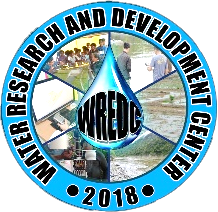
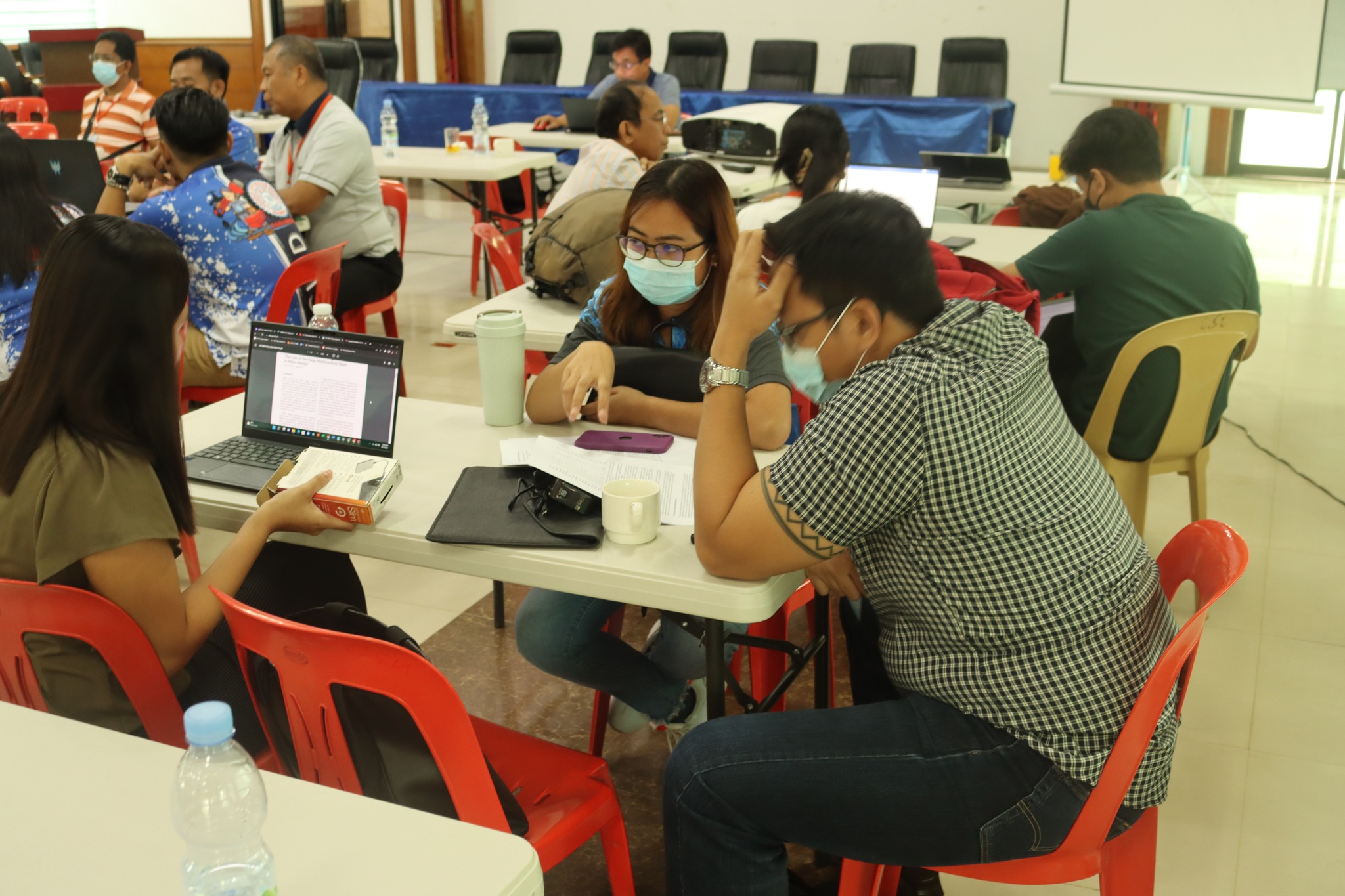
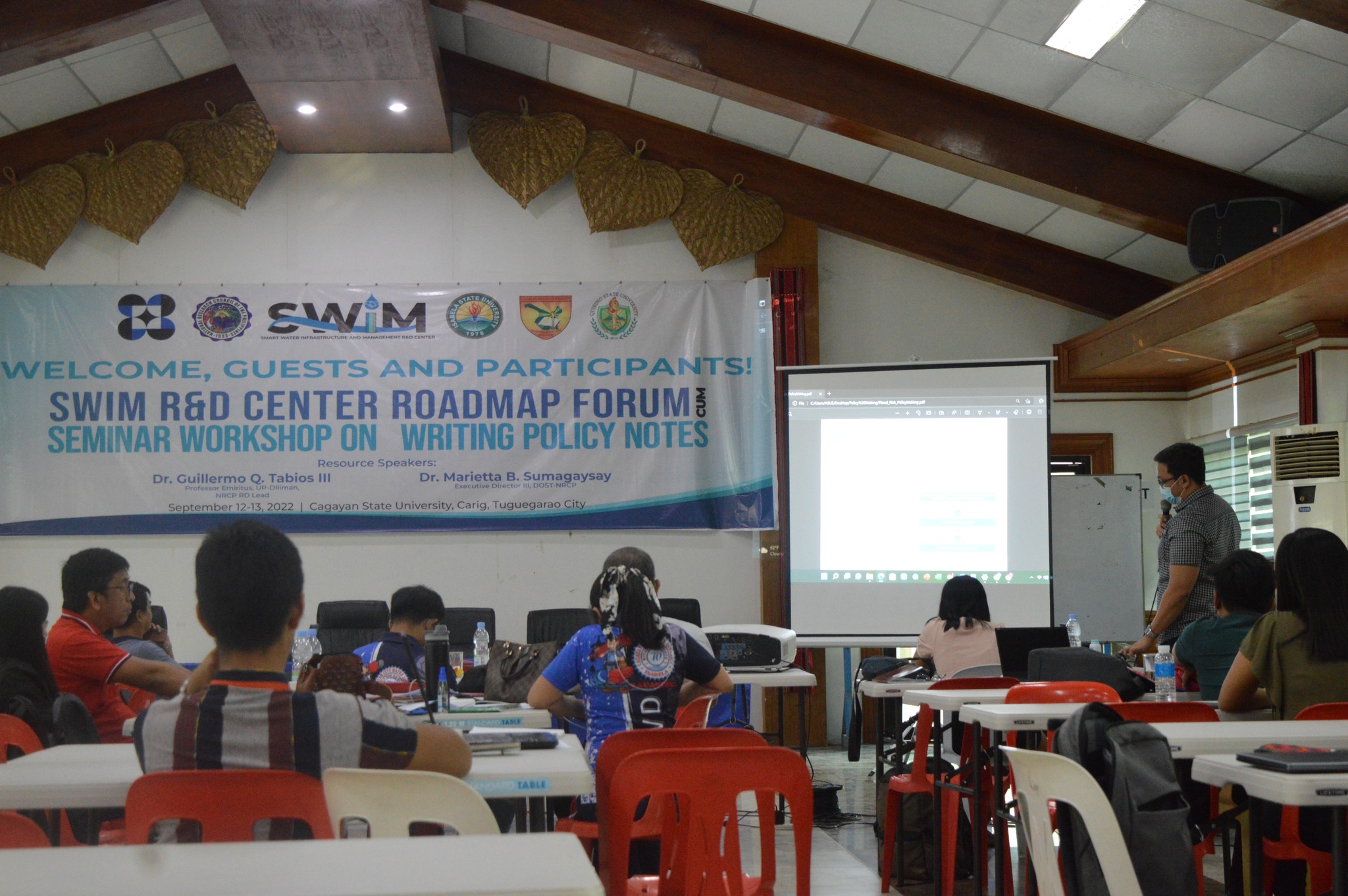
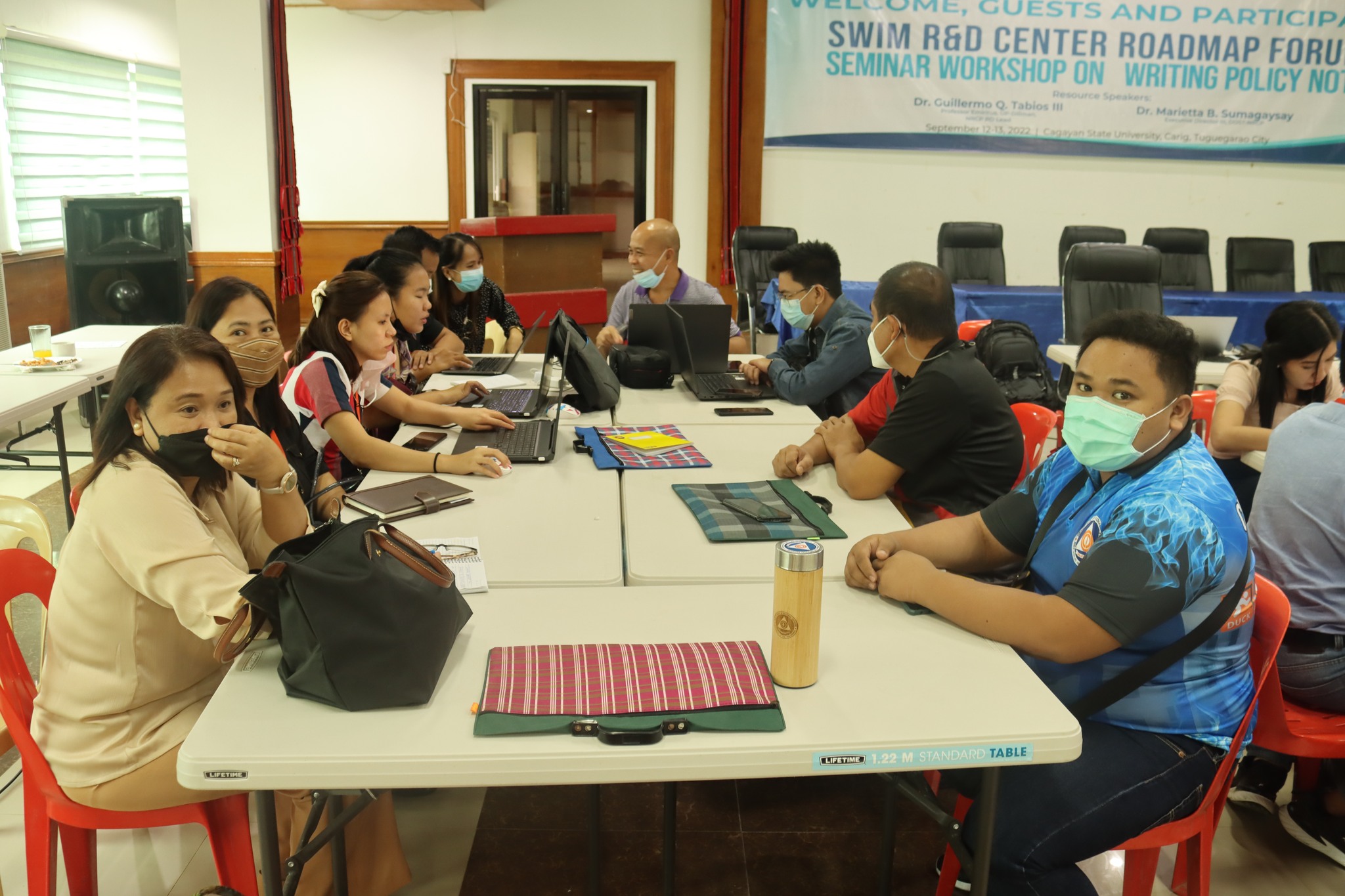
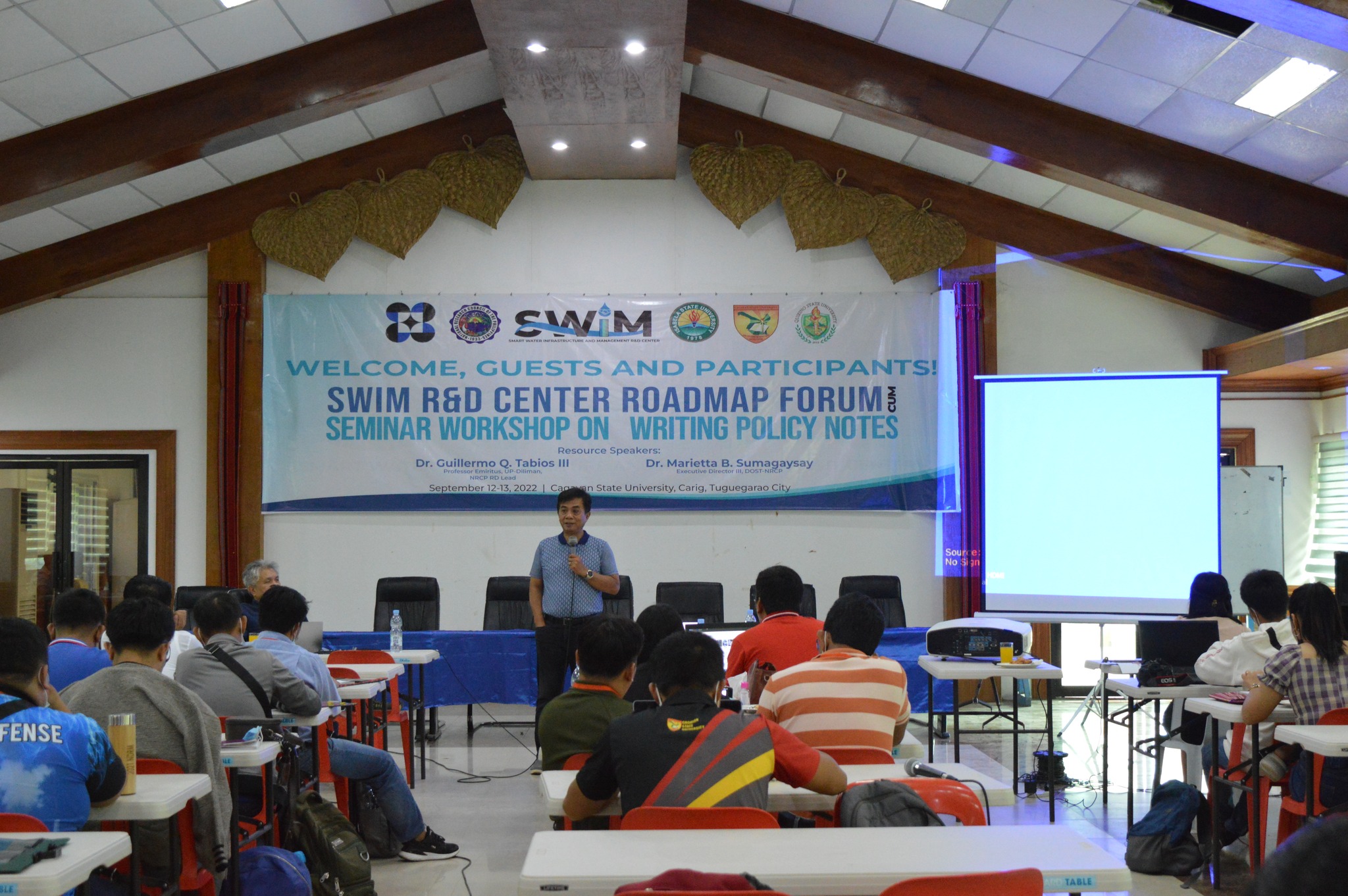
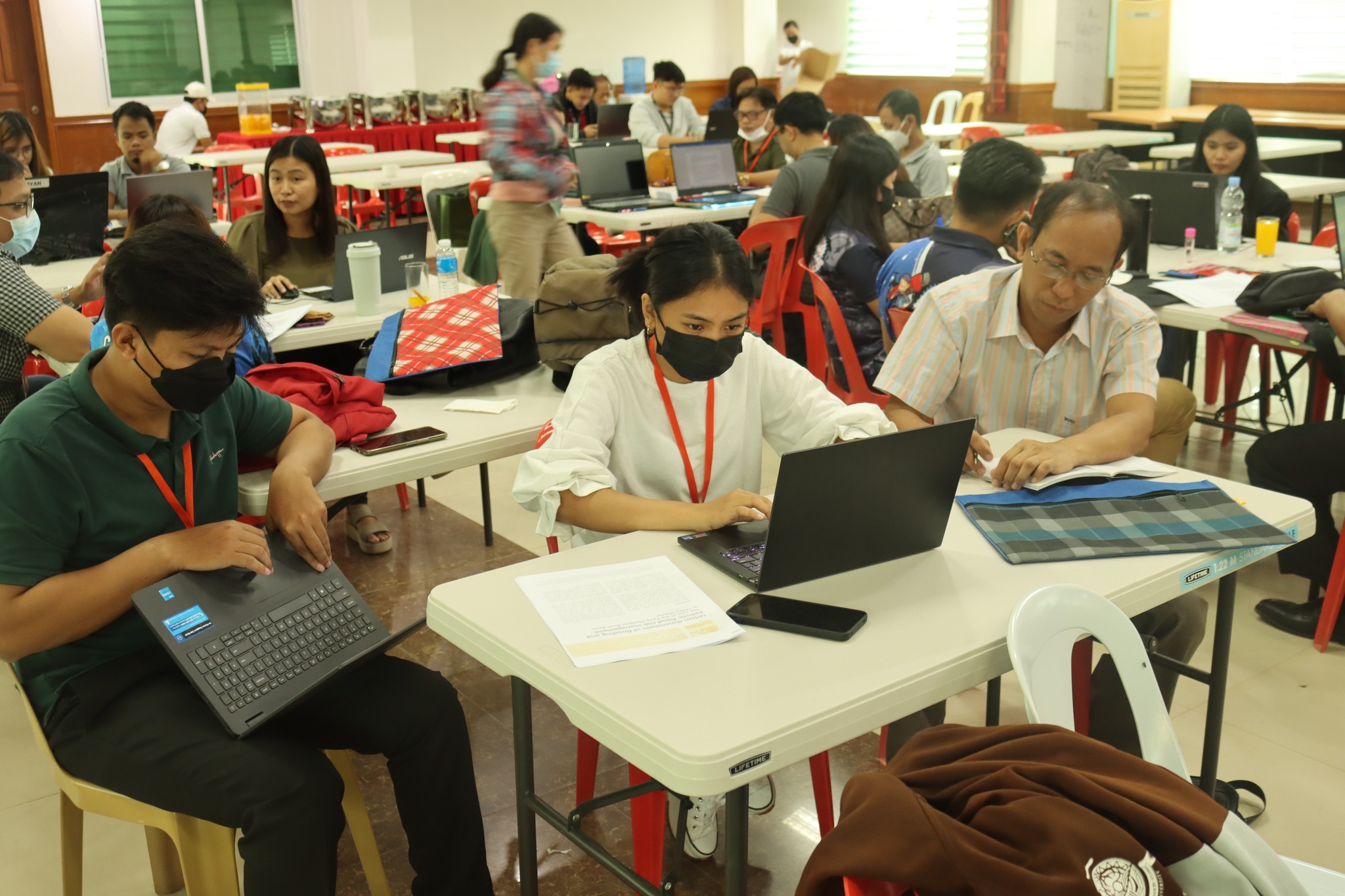
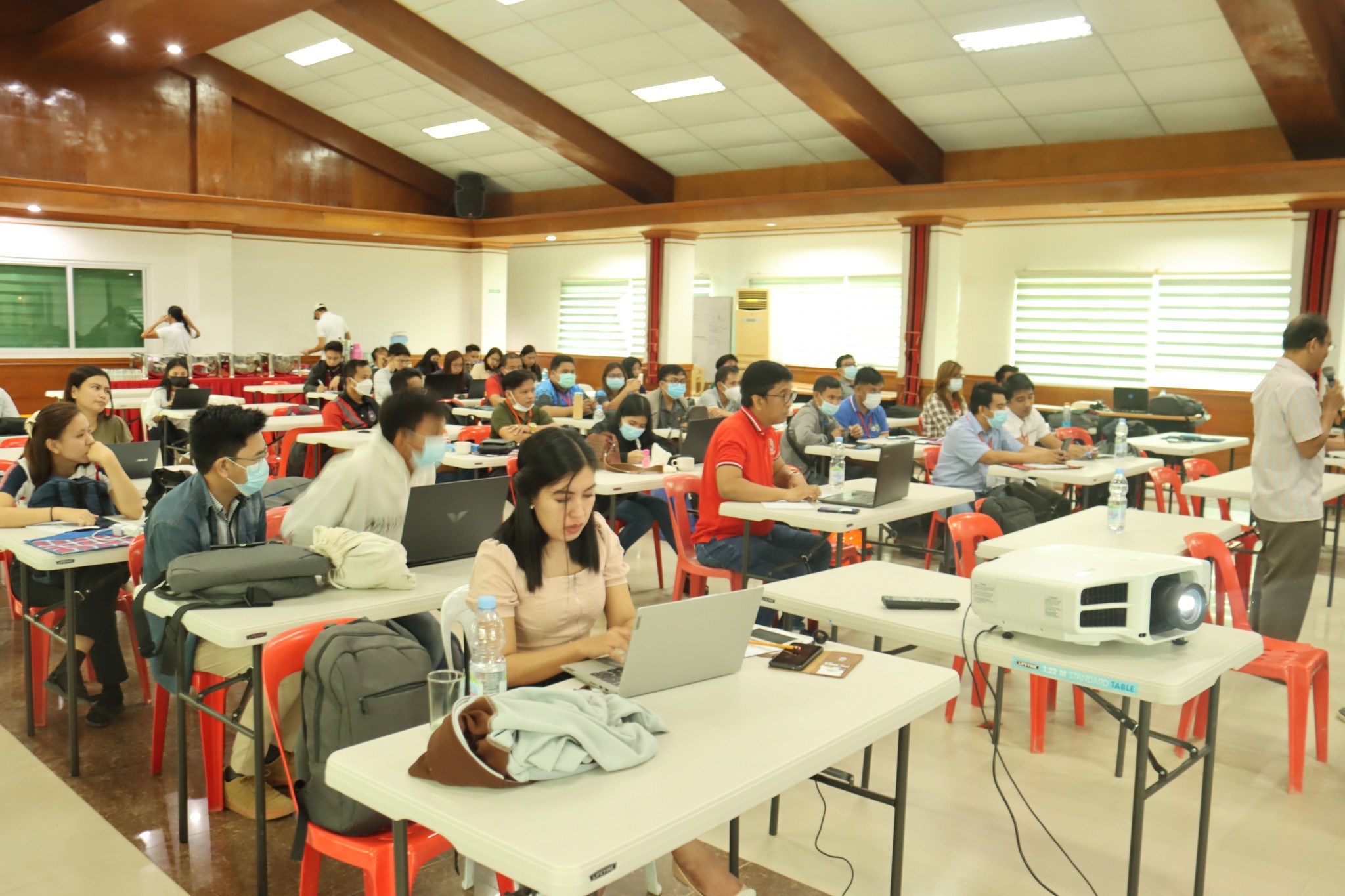
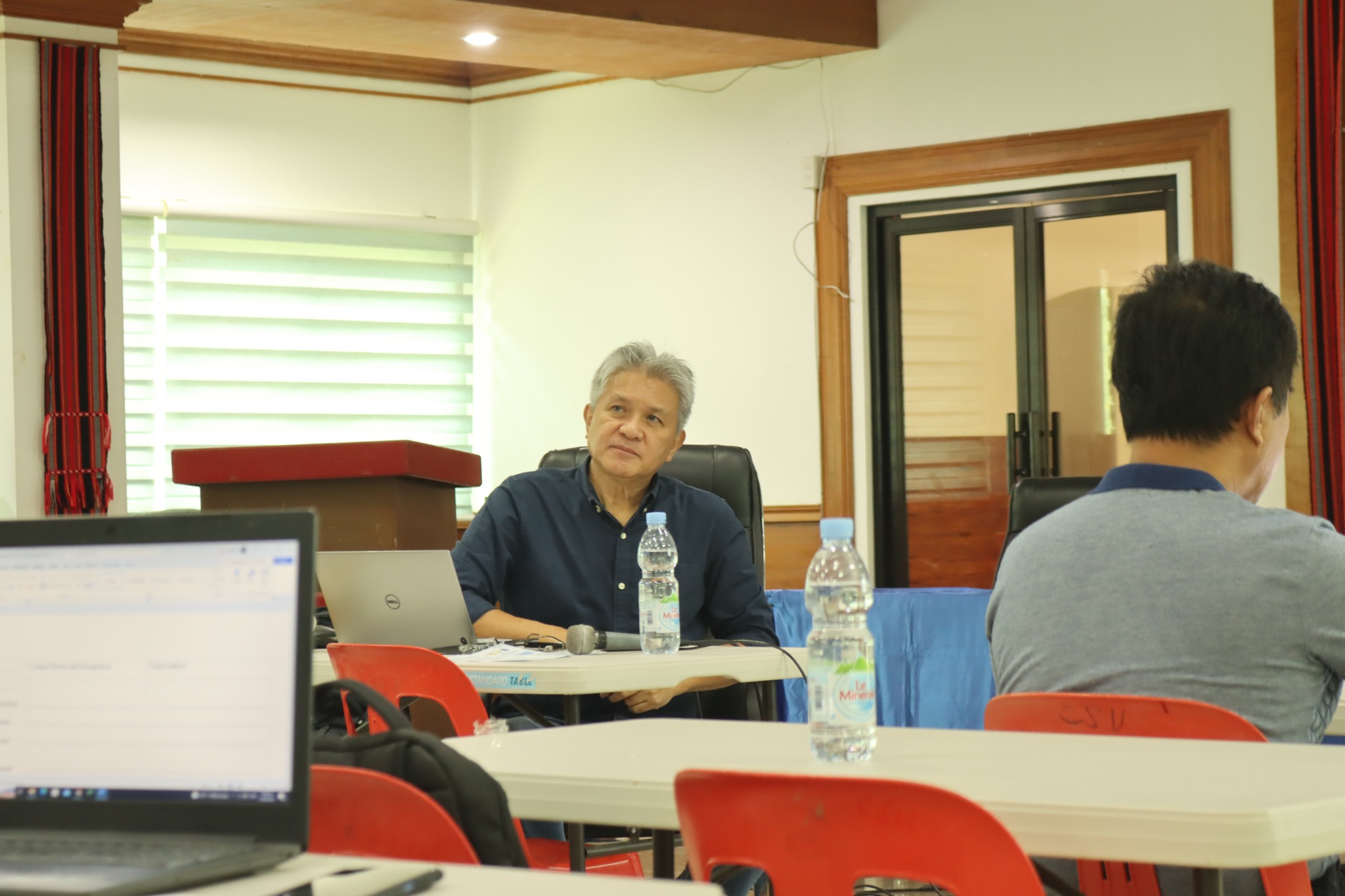
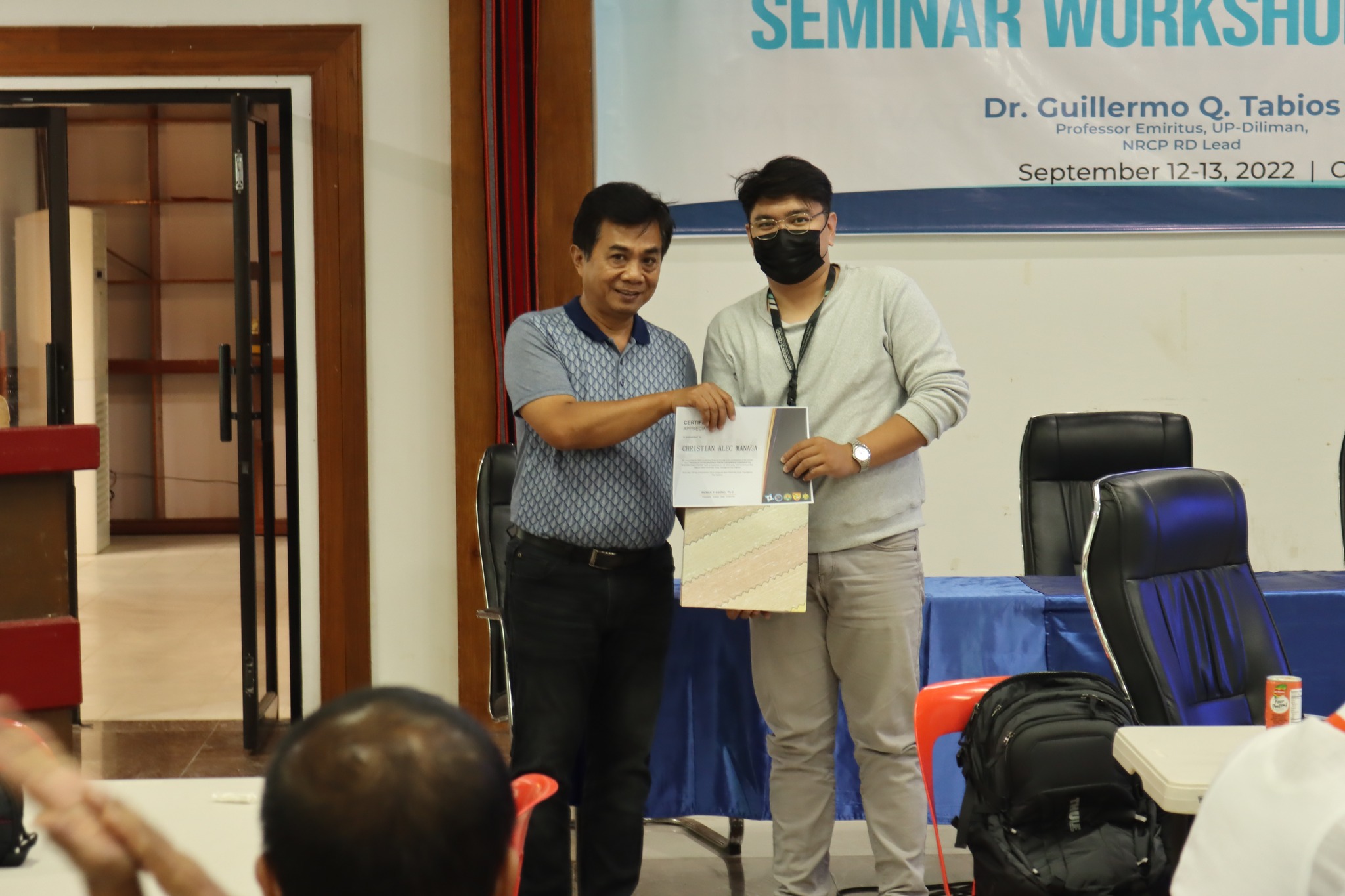
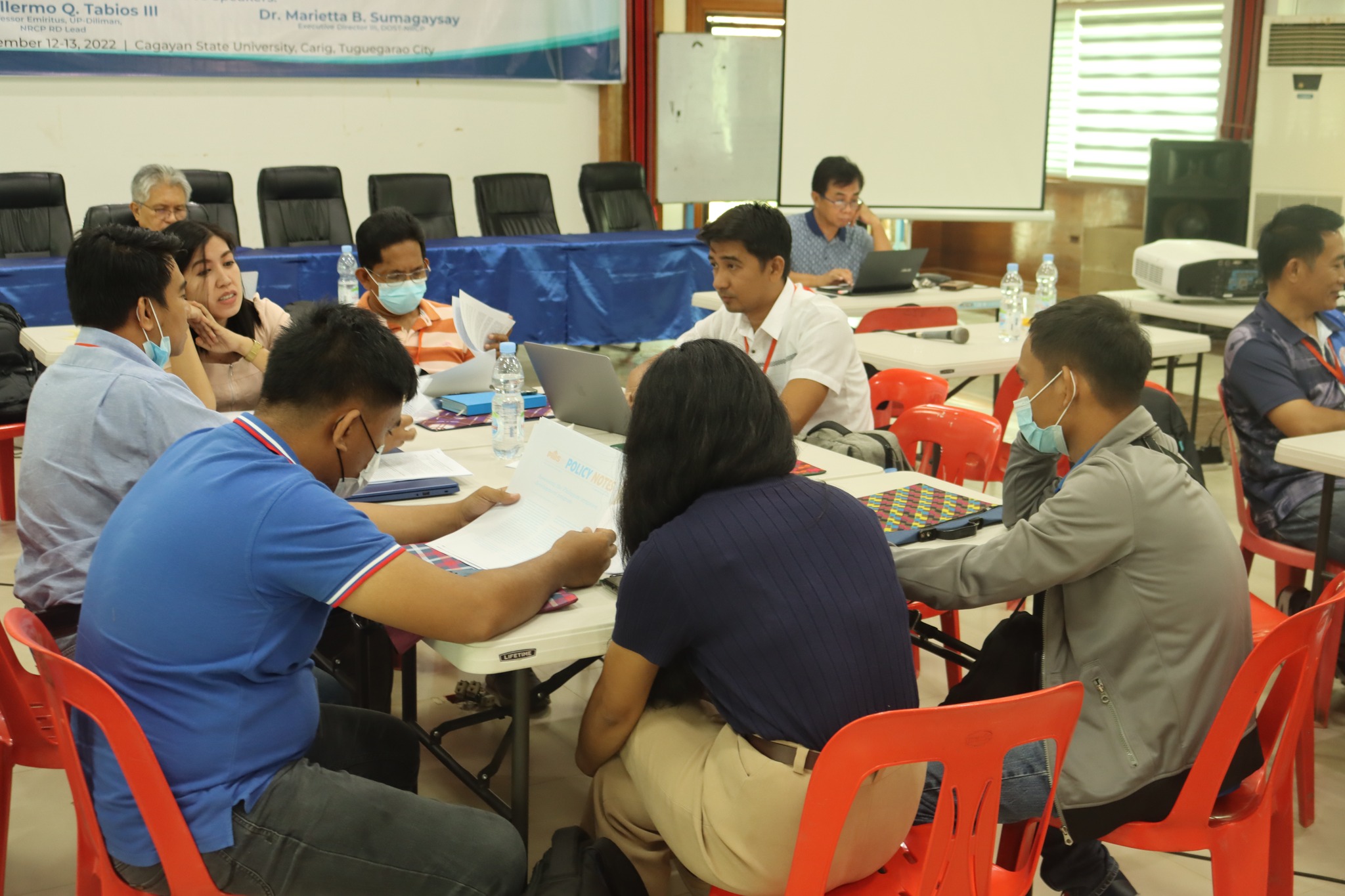
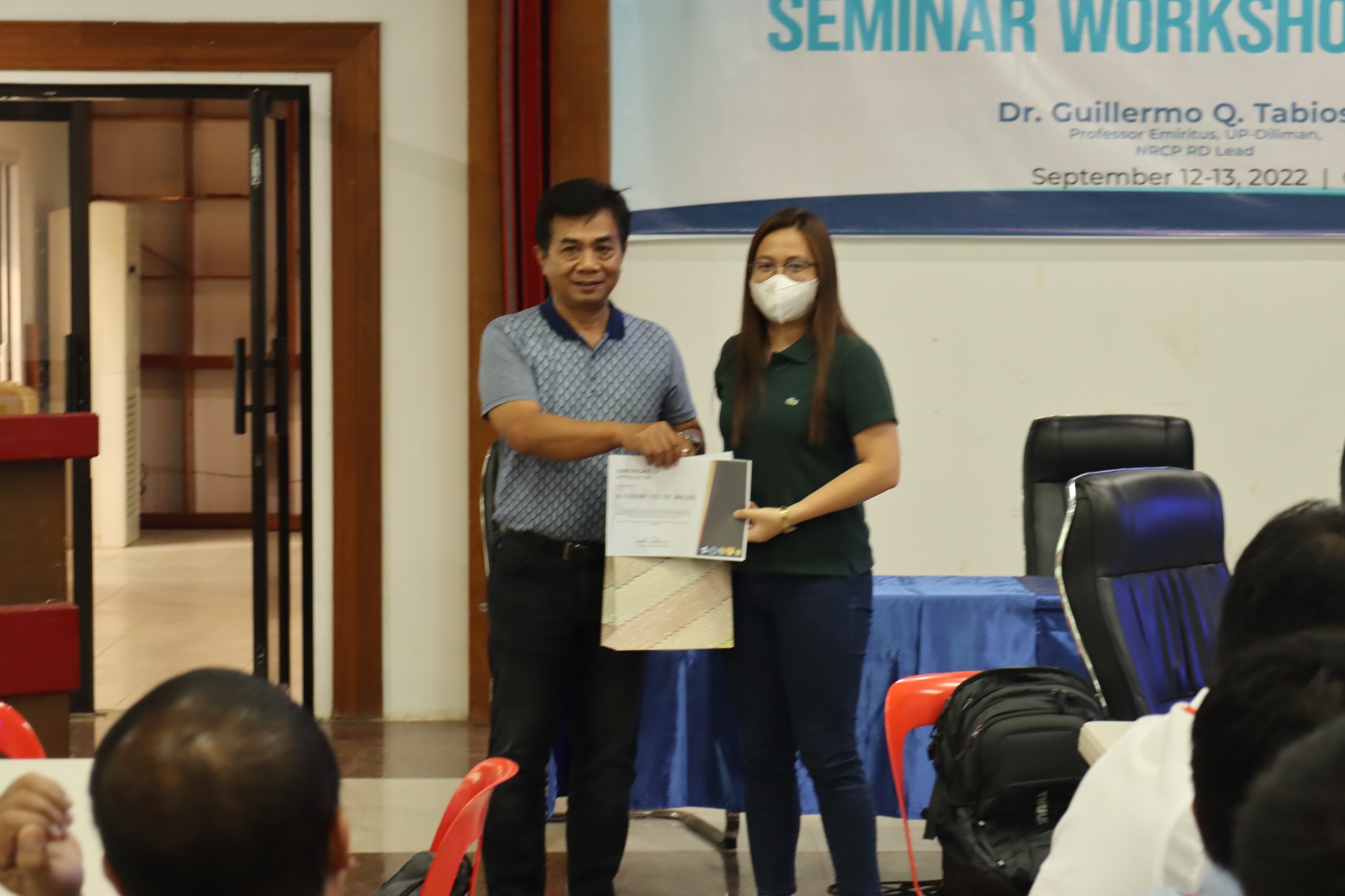
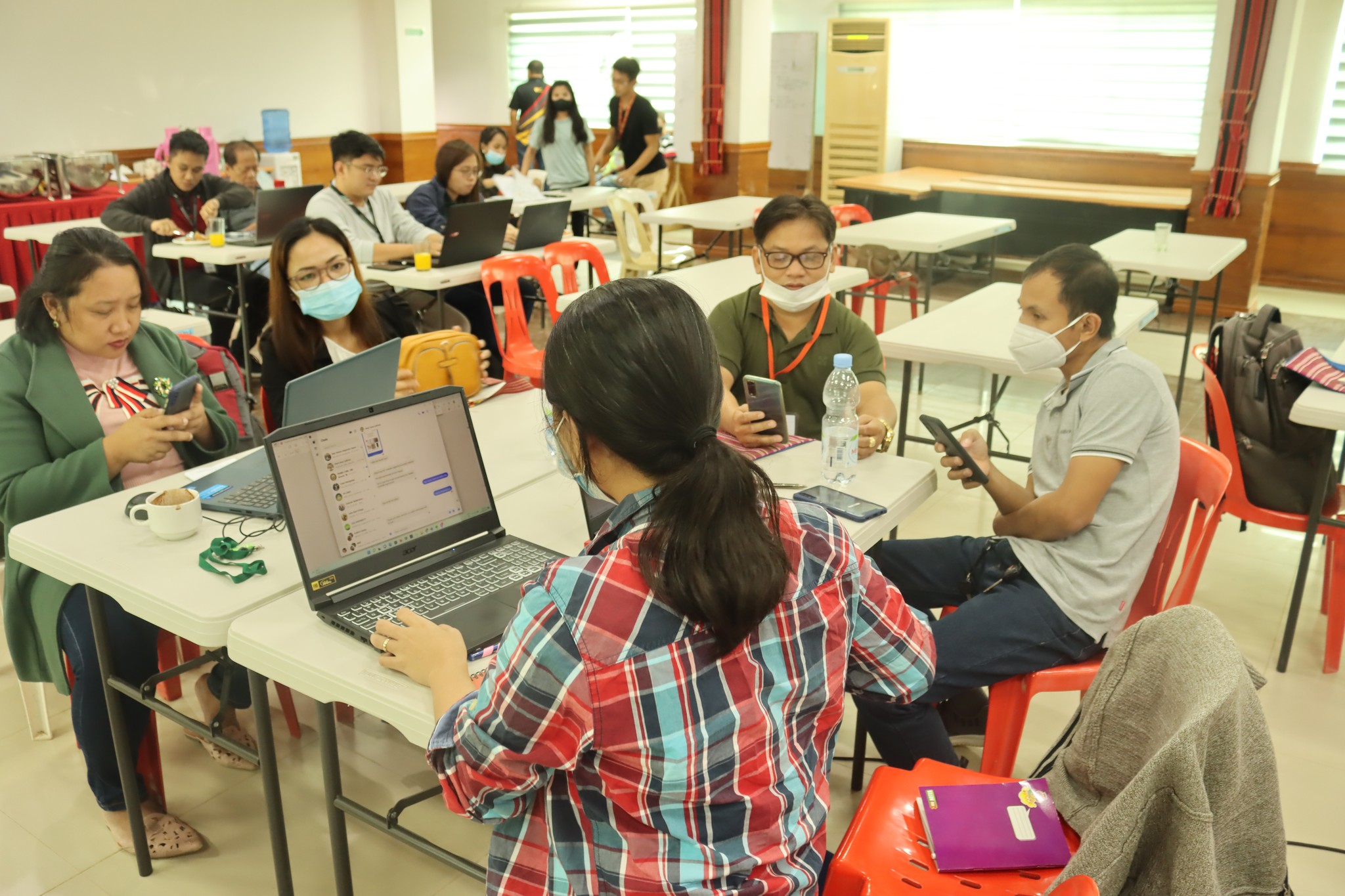
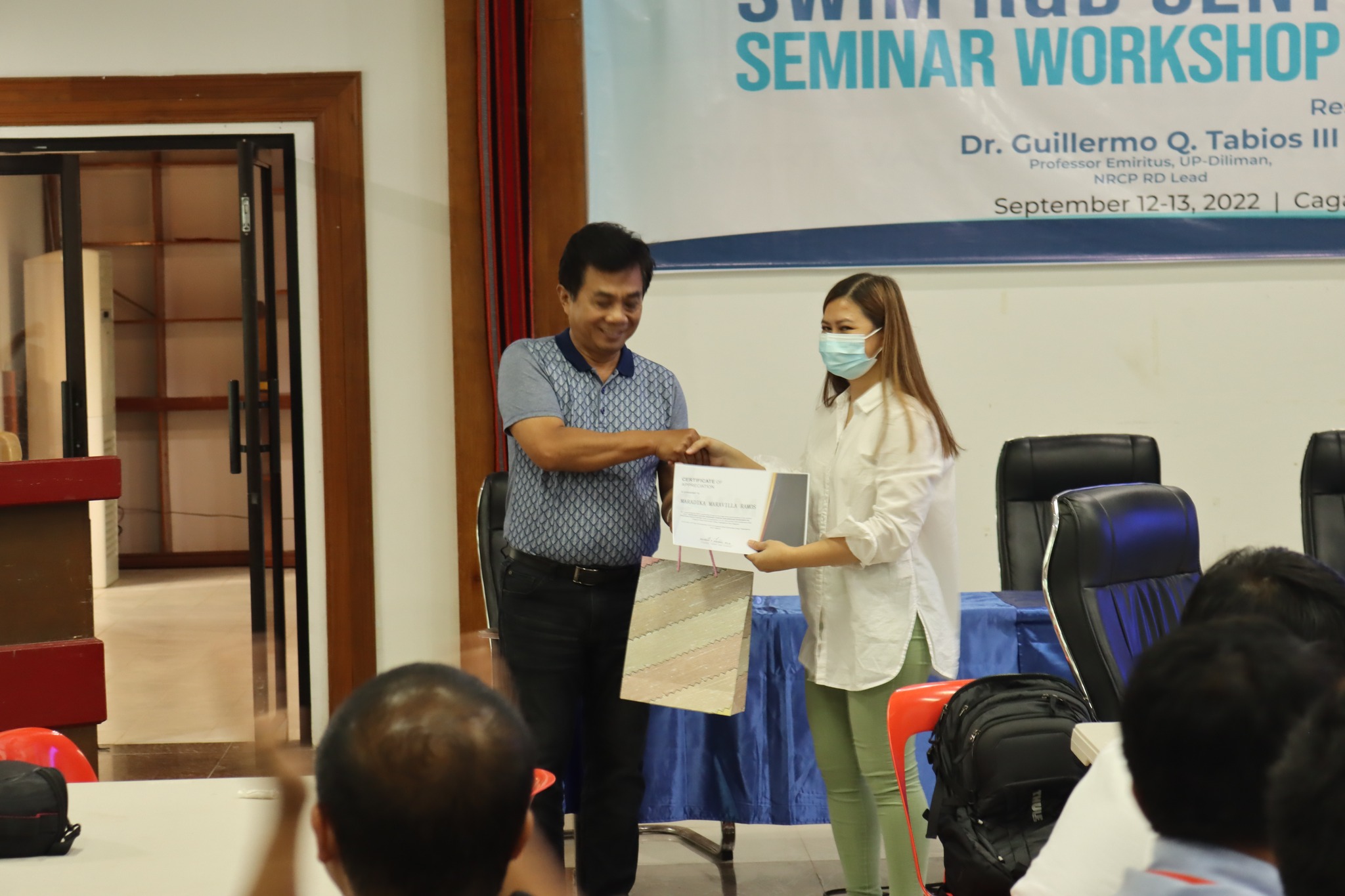
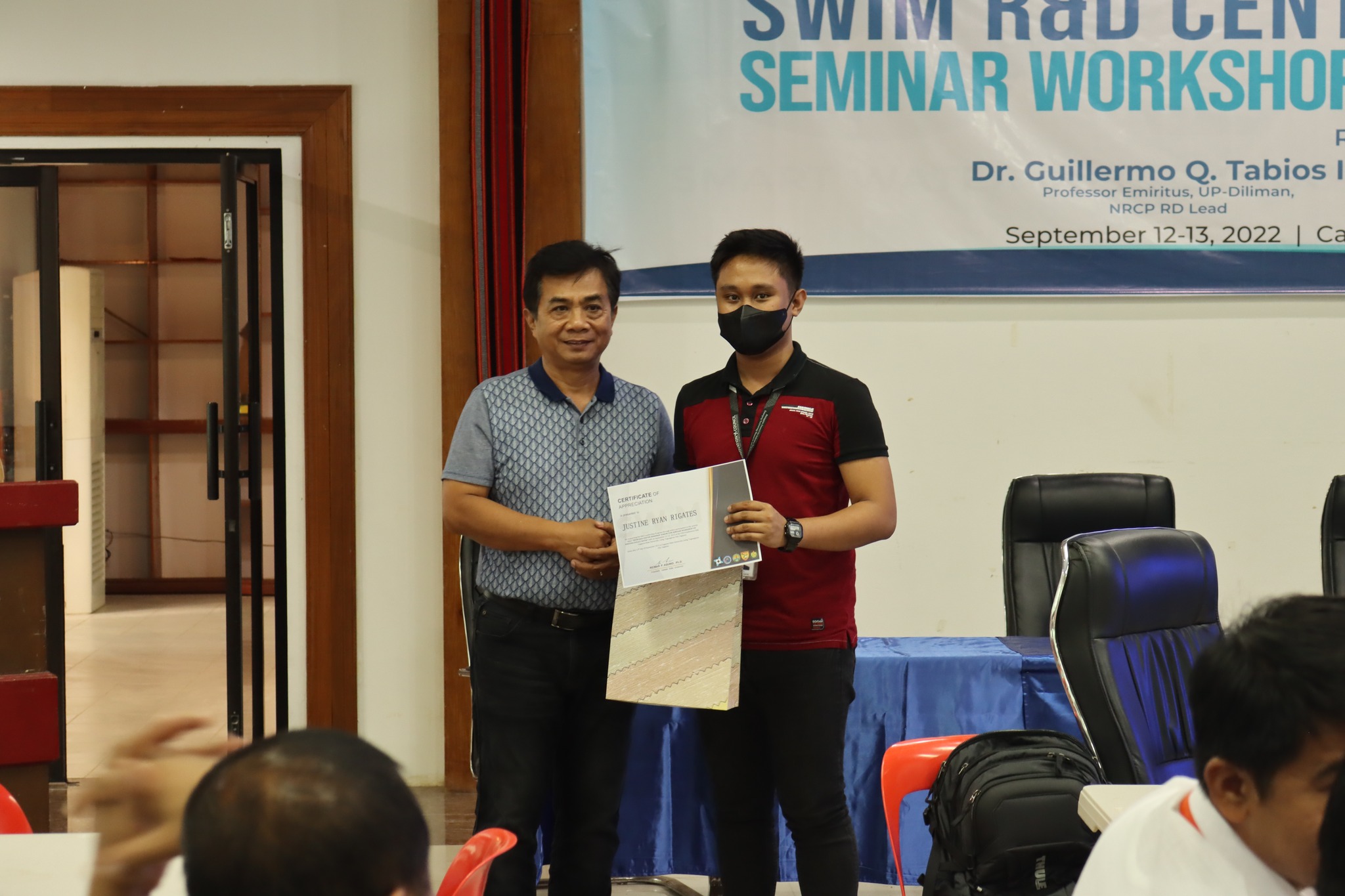
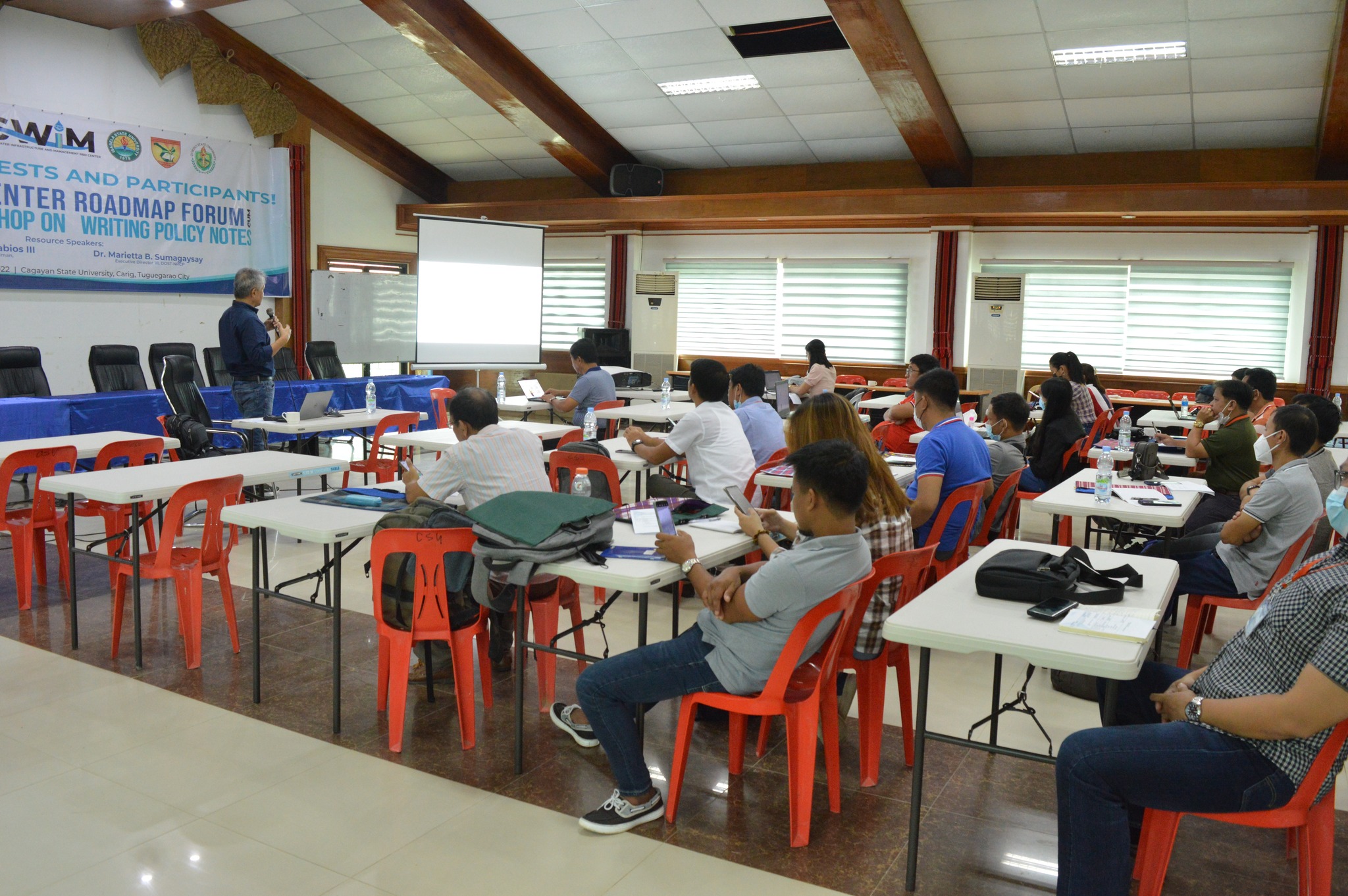
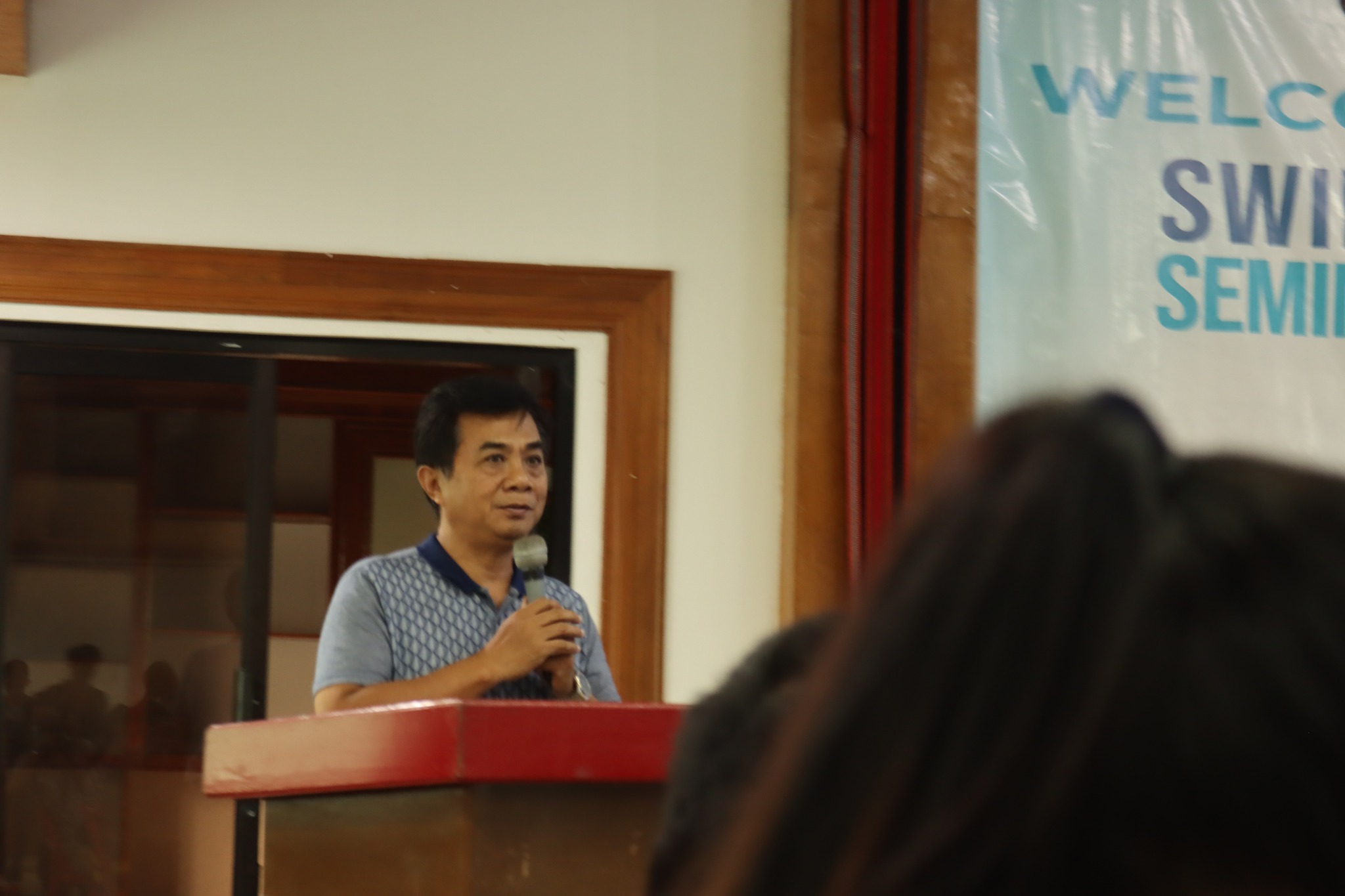
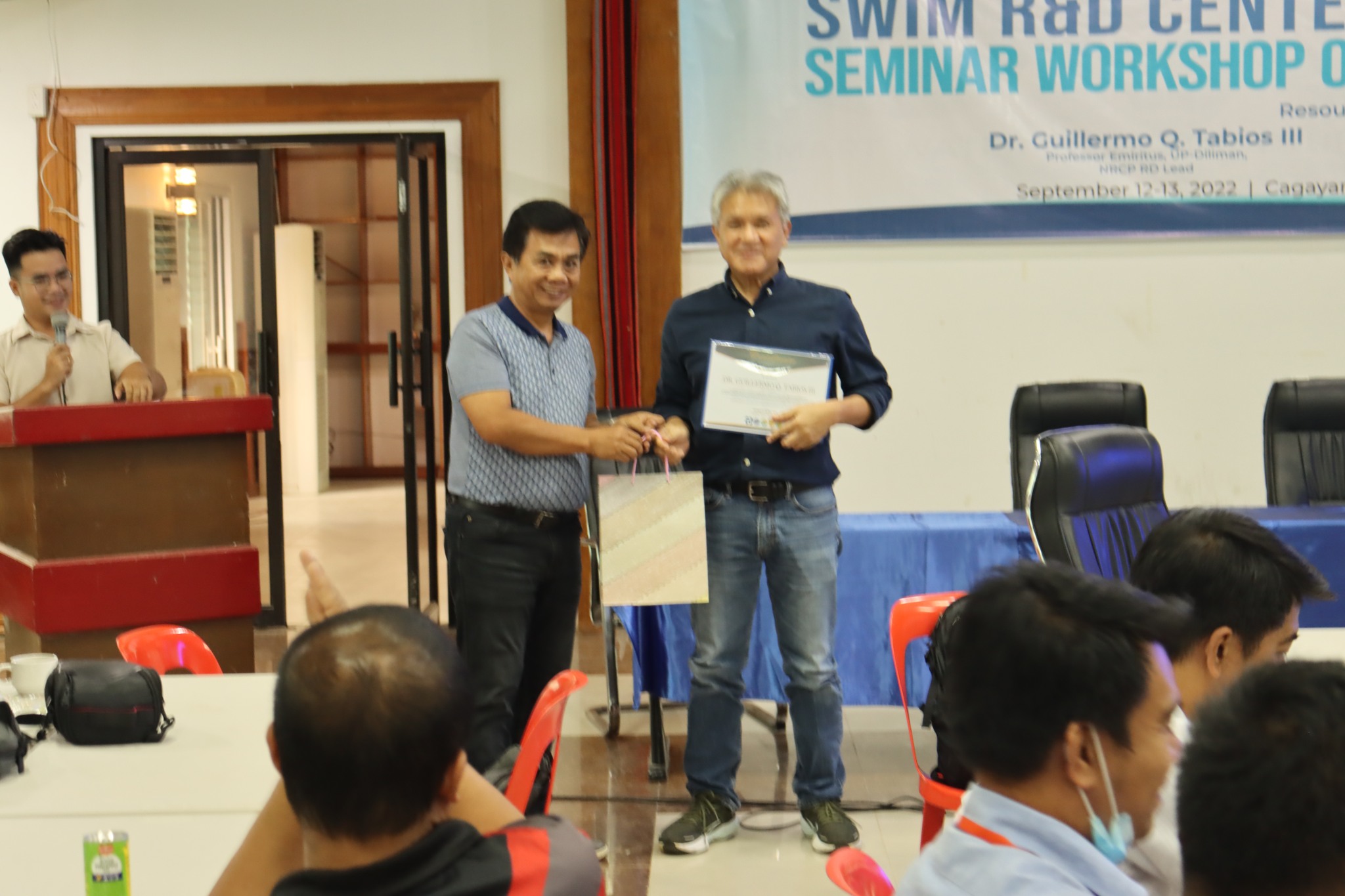
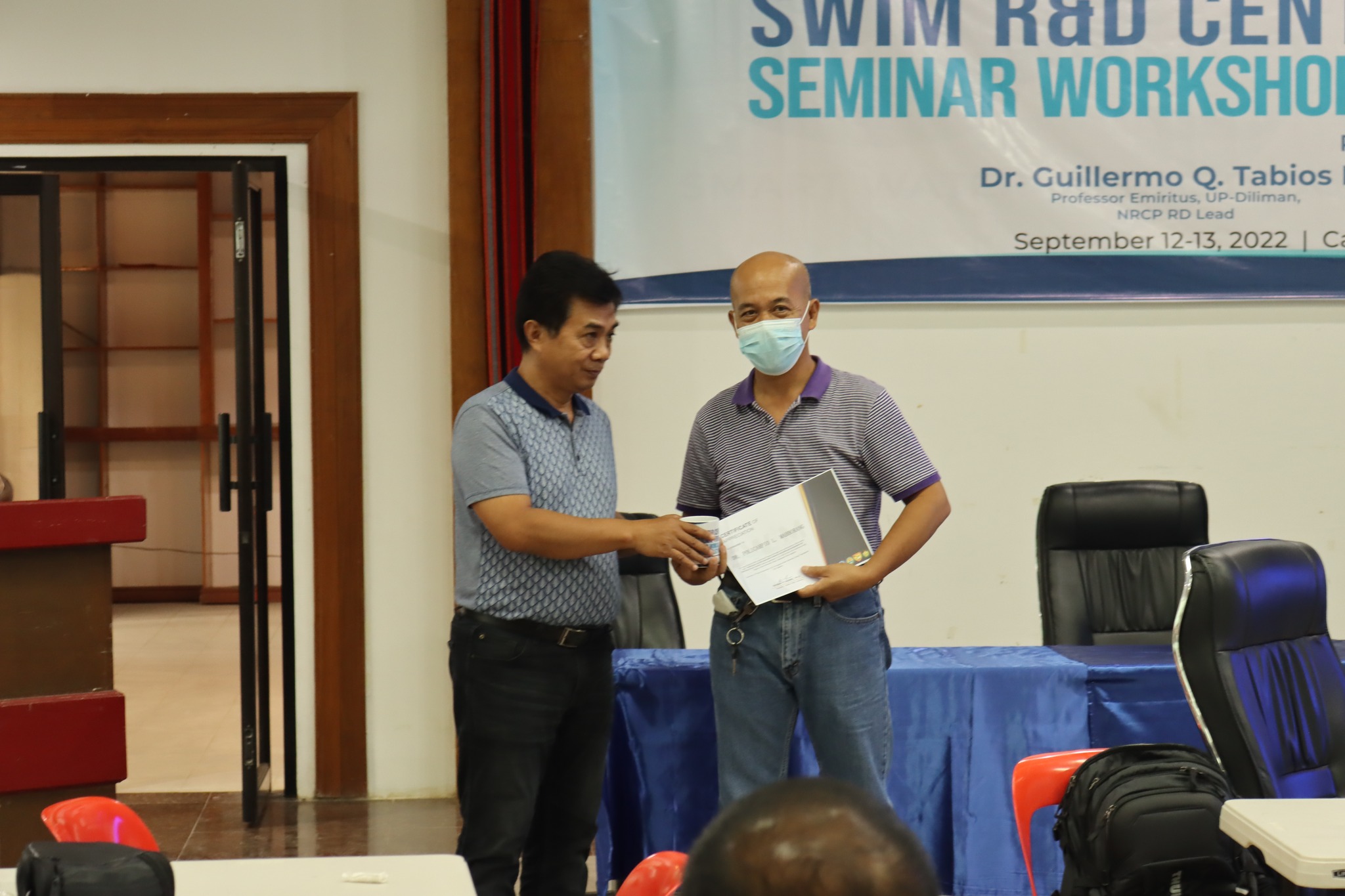
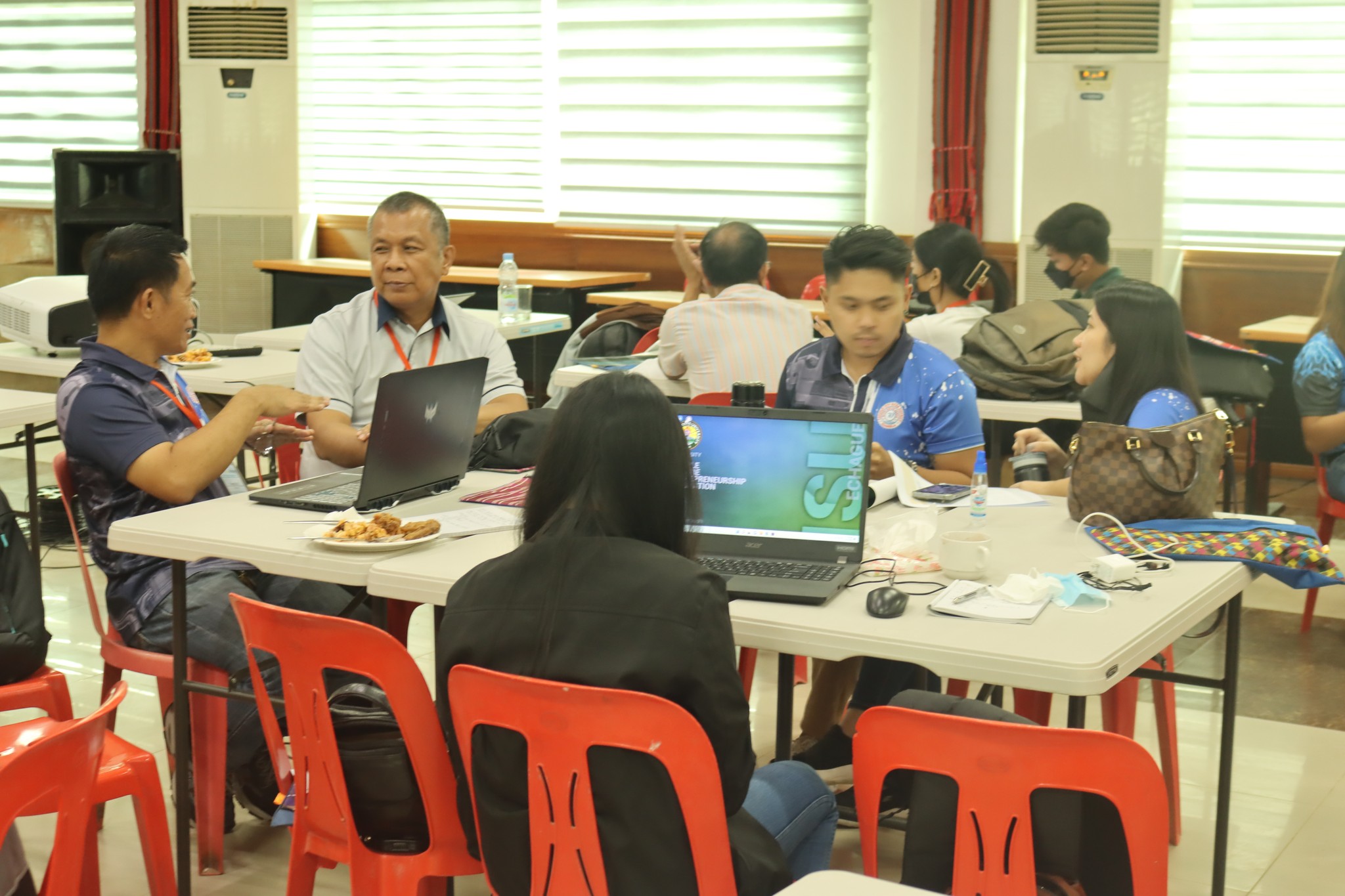
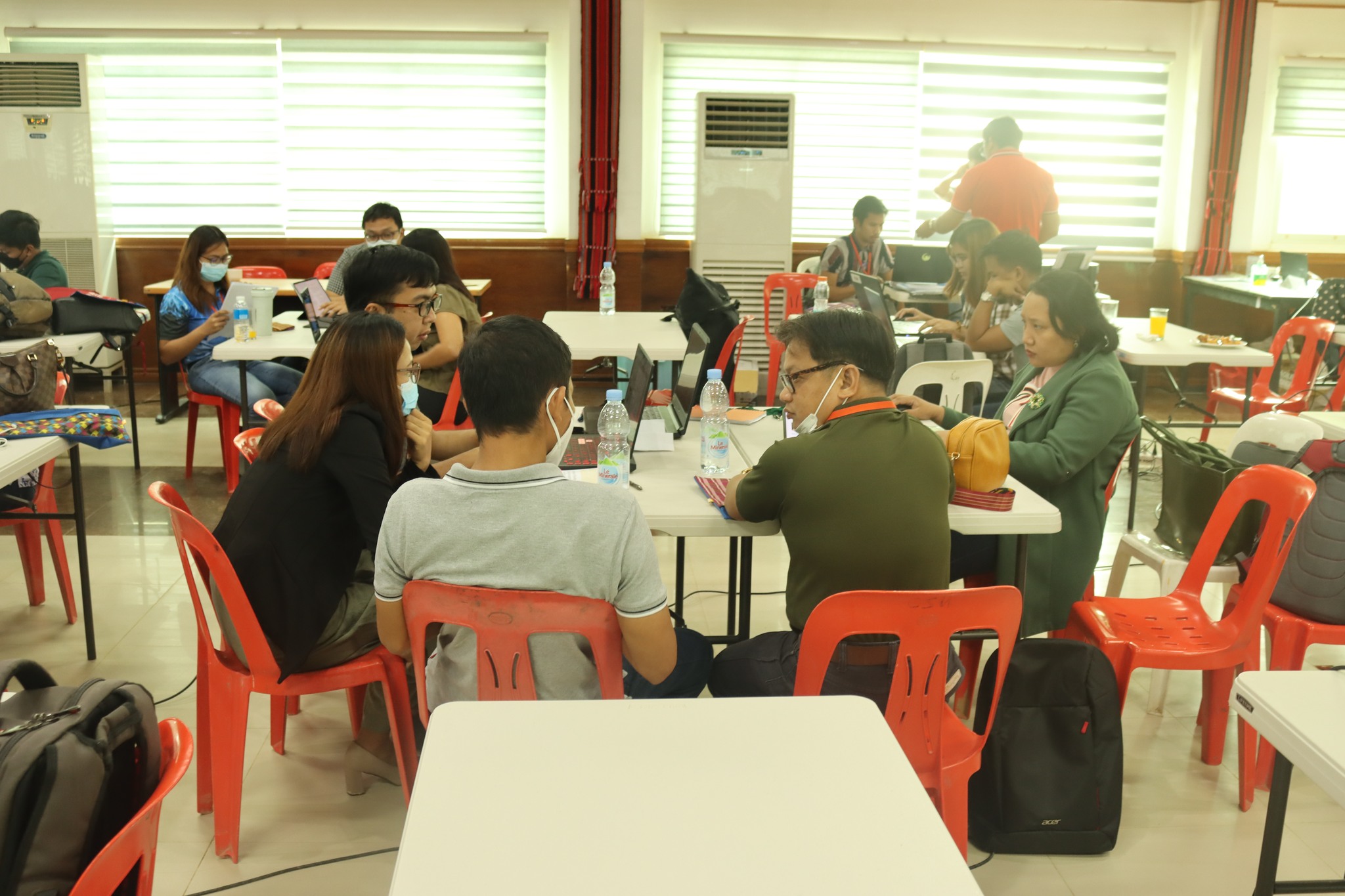
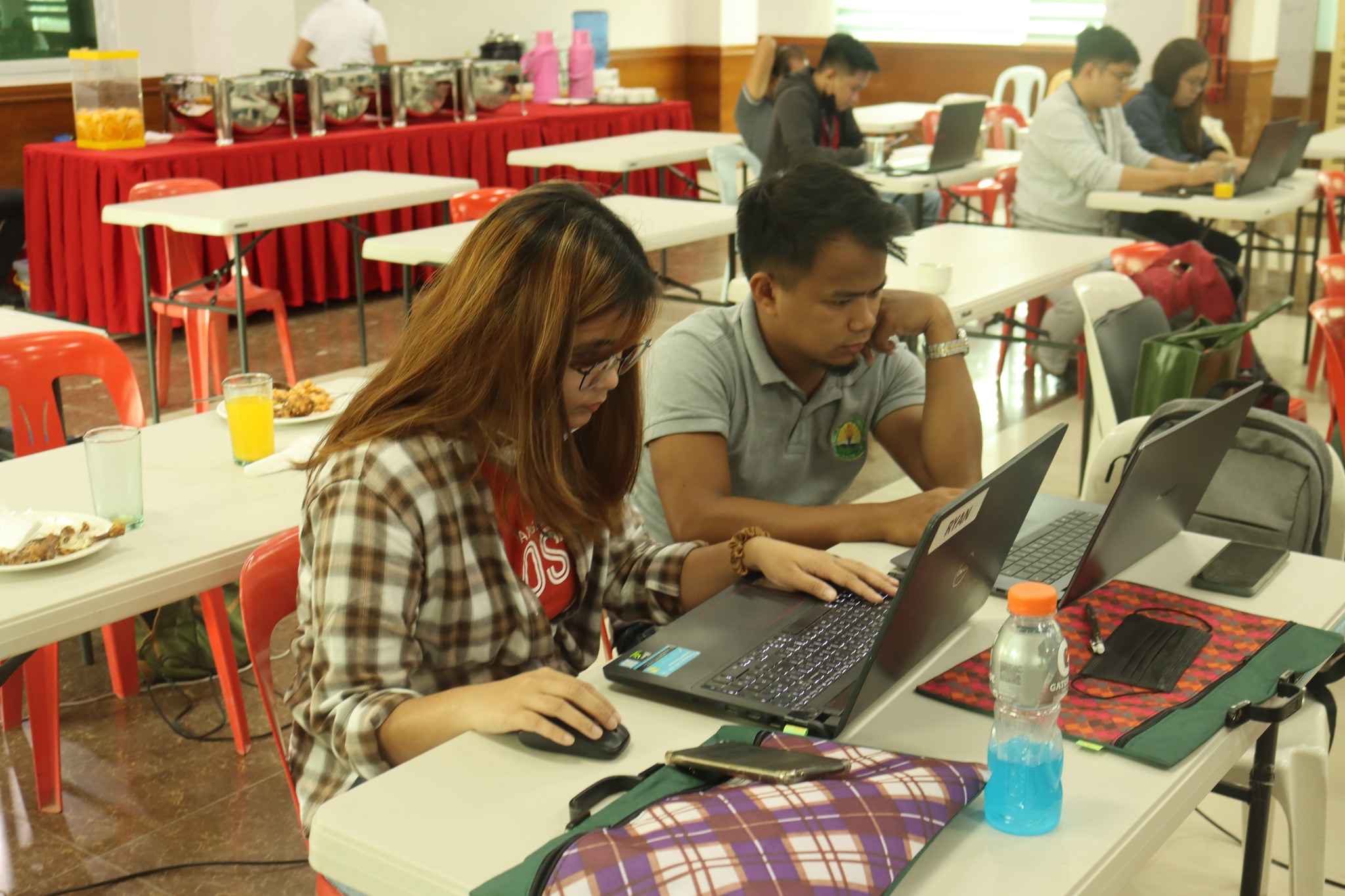
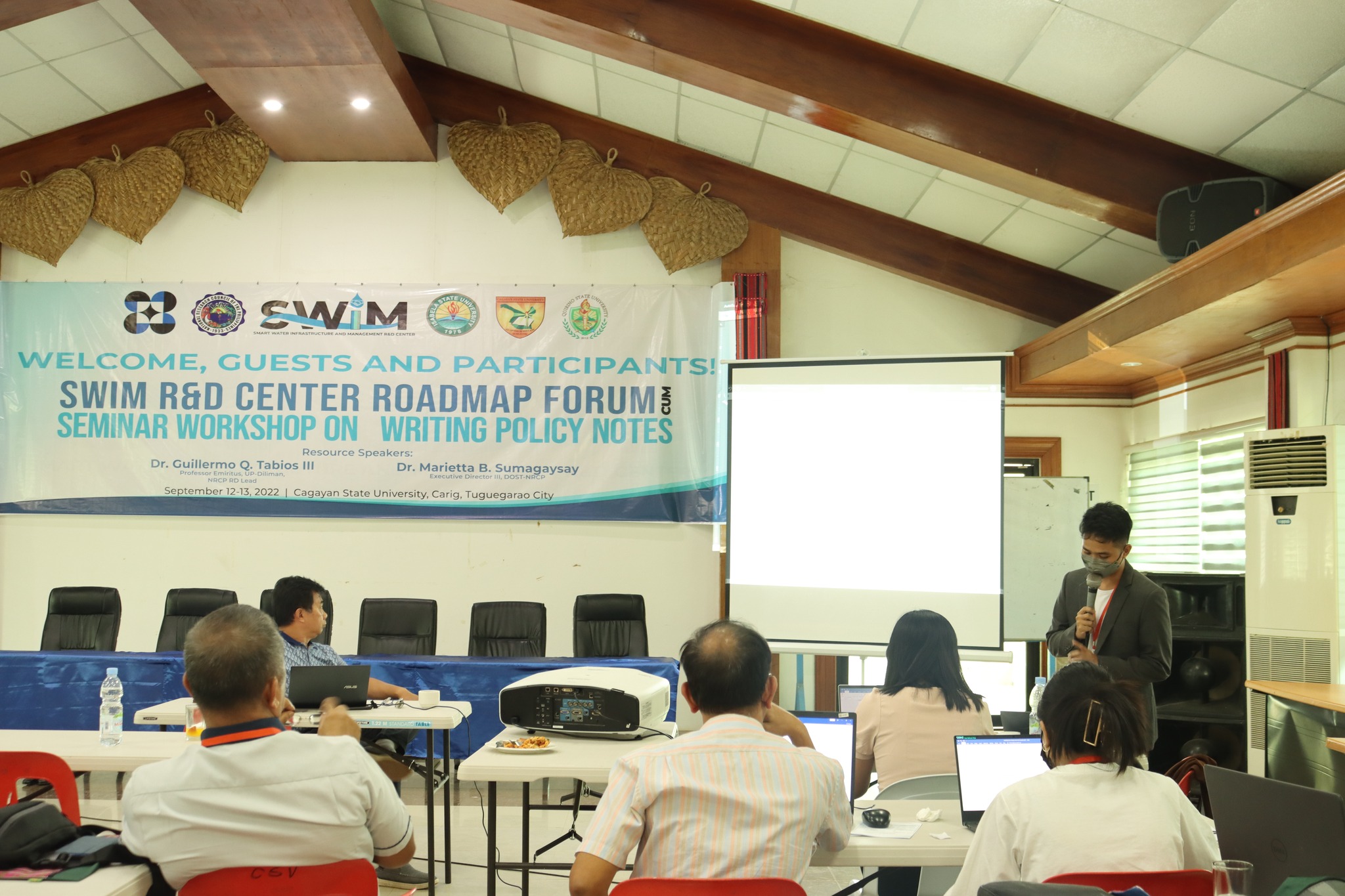

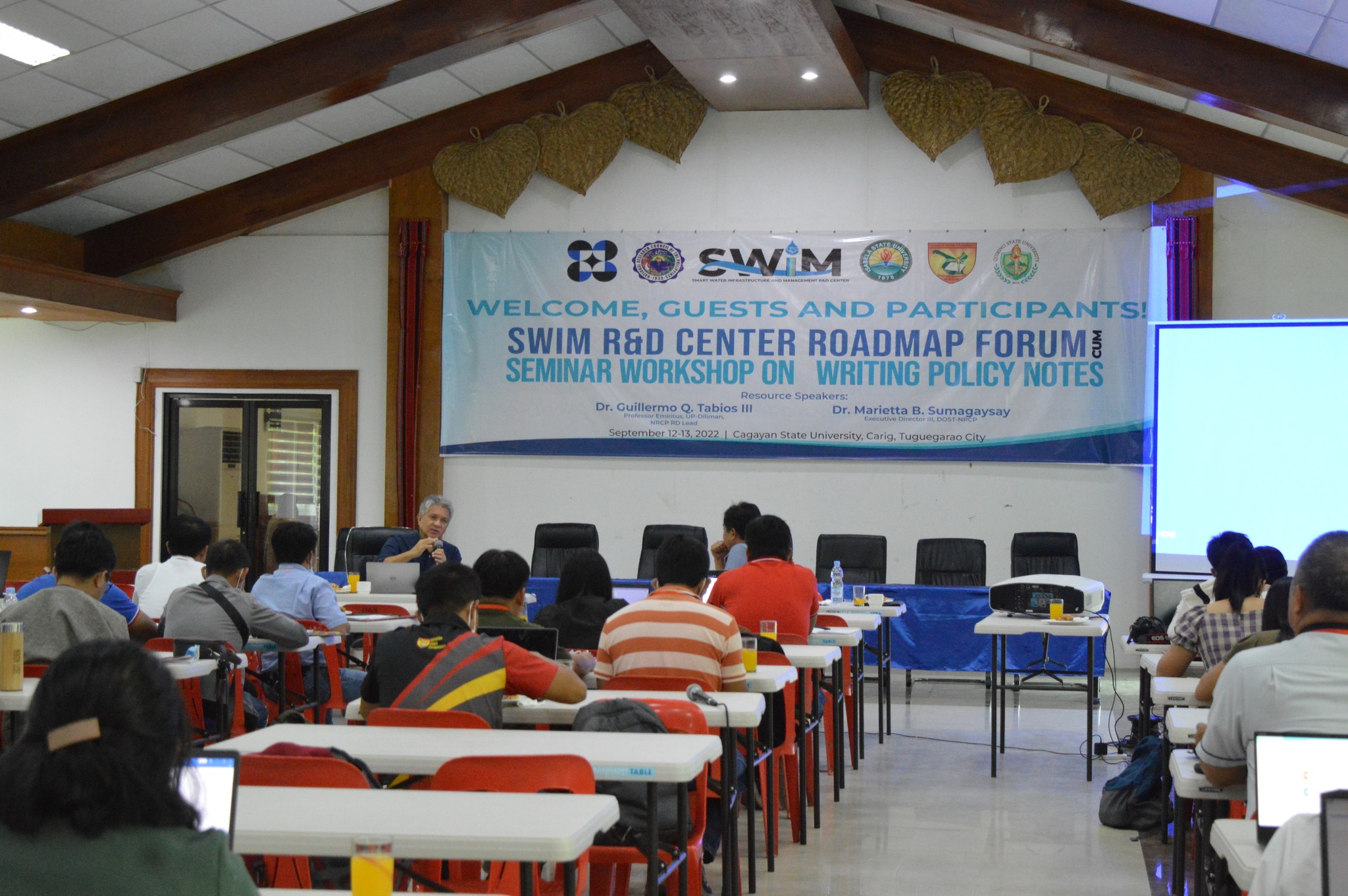
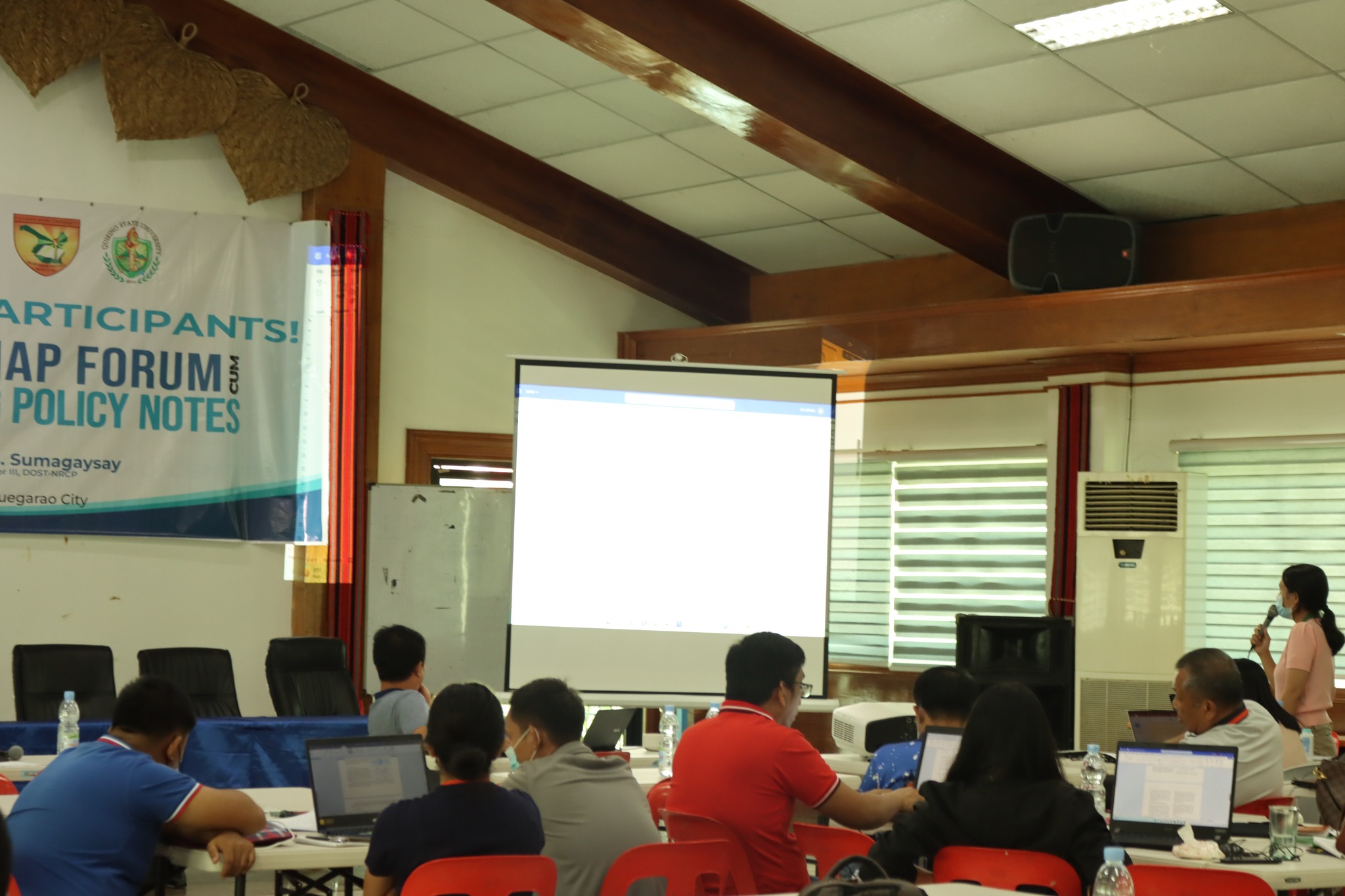
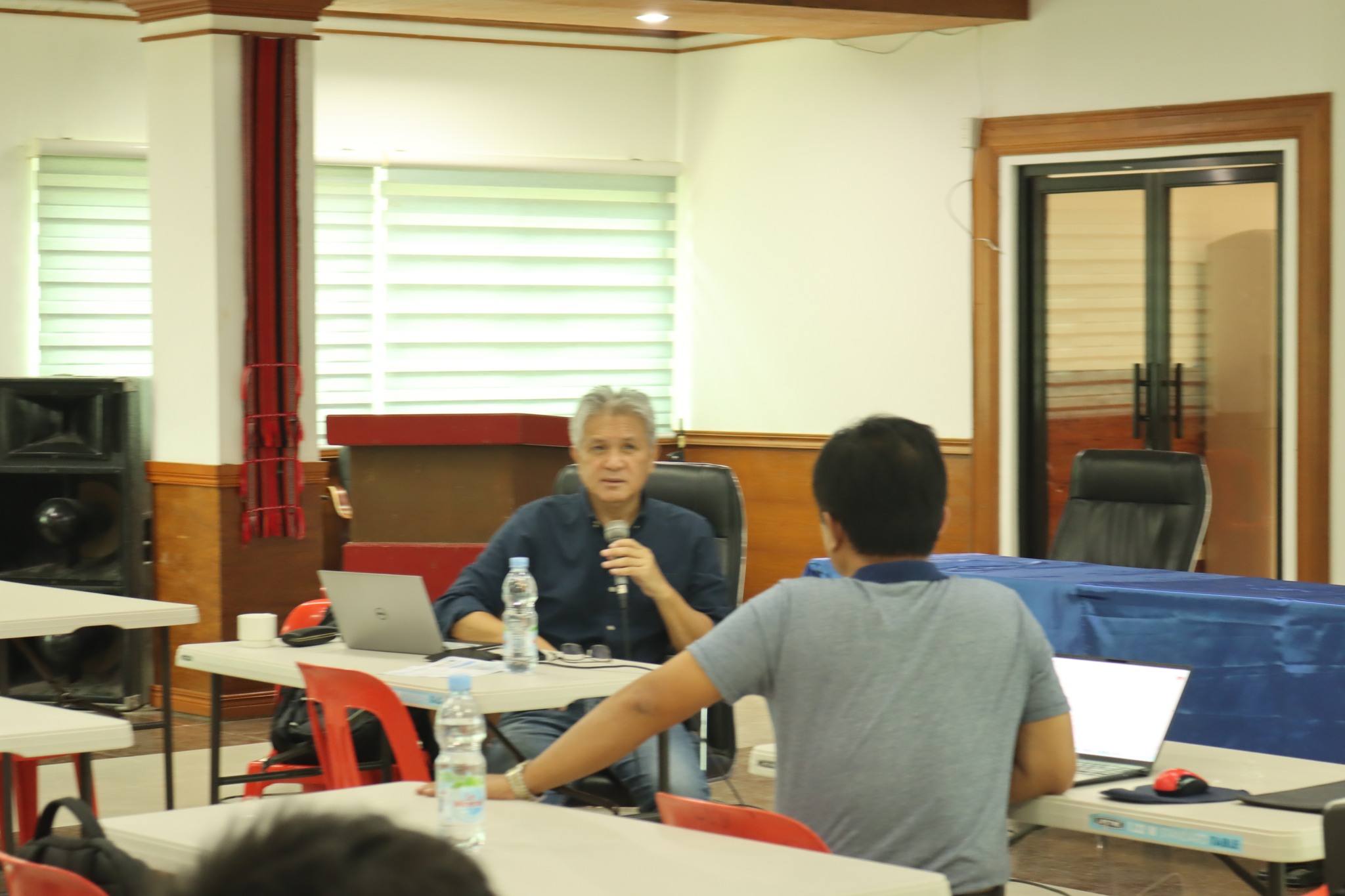
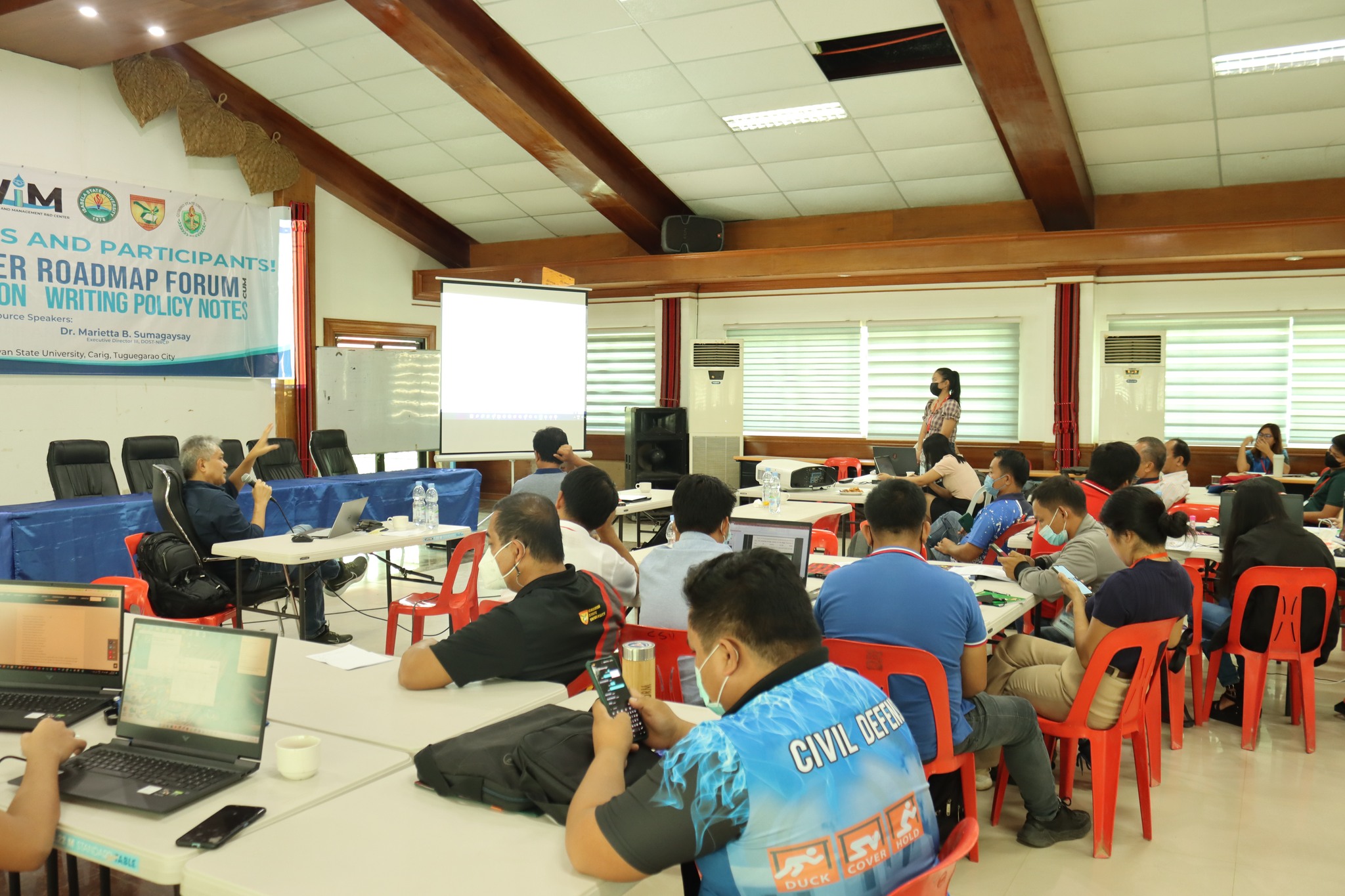

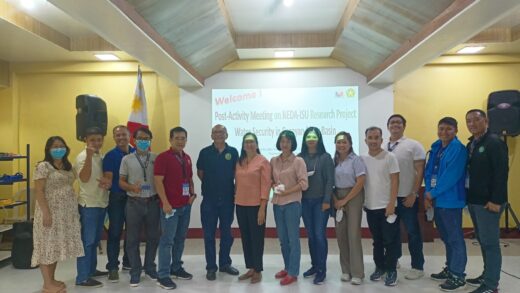
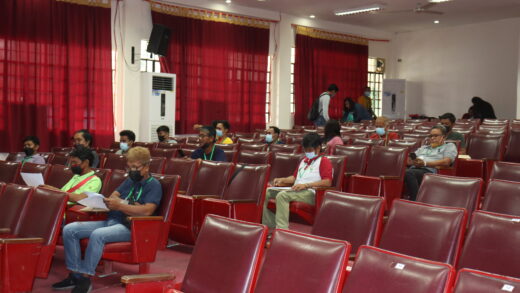
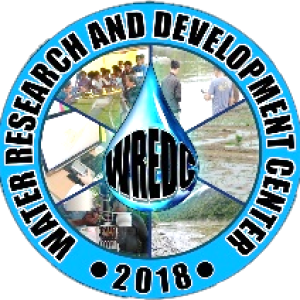




 Users Today : 12
Users Today : 12 This Year : 454
This Year : 454 Total Users : 1339
Total Users : 1339 Views Today : 20
Views Today : 20